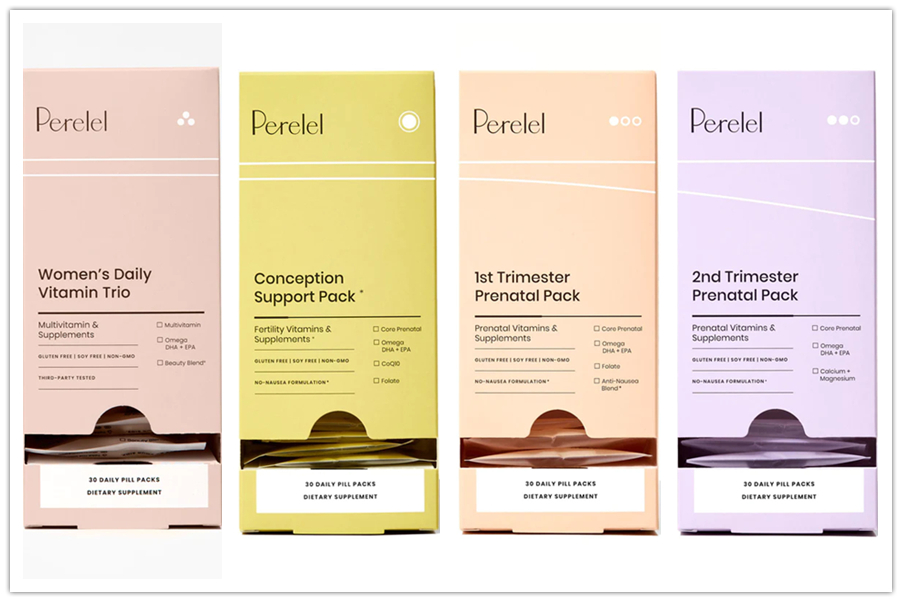It’s no secret that eating better will improve your health. Eating more vegetables, fruits, lean meats, whole grains, and fewer sugary snacks and processed foods will make you feel better inside and out. The only question is how to make the changes stick long-term so that your new diet becomes a permanent part of your lifestyle. Fortunately, there are several easy ways to improve your diet that can be implemented in as little as one week.
Focus on Food Groups
It’s extremely helpful to have a weekly food plan that is based on a variety of foods from various food groups. For instance, one week you might have 70% of your diet from vegetables, 20% from lean proteins, and 10% from whole grains. Another week you might have 70% from grains and 30% from vegetables. These types of strategic plans mirror those outlined by the USDA. When you are eating according to an overall plan, such as the one above, it will be much easier to stick with your new healthy lifestyle for the long term. Here’s an overview of some specific food groups:
Vegetables: Whole vegetables (e.g. Brussels sprouts, green beans, broccoli) are not only a whole lot better for you than fats and sugars, they also have more nutrients per calorie than most other foods. Vegetables contain vitamins, minerals, fiber and antioxidants. Processed vegetables (e.g., frozen or canned vegetable medleys) are also acceptable depending on the type of vegetable (e.g., canned spinach can be high in sodium).

Fruits: Whole fruit is better than fruit juice or dried fruit (because you miss out on the fiber). Fruits contain vitamins and minerals that help boost your immune system, fight off infections and keep your body running smoothly.
Protein: Lean protein sources include fish (especially salmon), beans, nuts, soy products (e.g., tofu, tempeh), and poultry. Many people do not get enough protein in their diets. The recommended daily value for protein is about 56 grams for a 2,000 calorie diet in 2010.
Whole Grains: Whole grains are beneficial because they contain fiber and other nutrients that keep you feeling satisfied longer than processed foods or sugary snacks. Whole grains should be eaten because of their high nutritional value and digestibility; not because they are inherently fattening or unhealthy.
No matter your age or lifestyle, there are many ways that you can improve your diet this week. The goal is to make healthy food choices a permanent part of your lifestyle.









